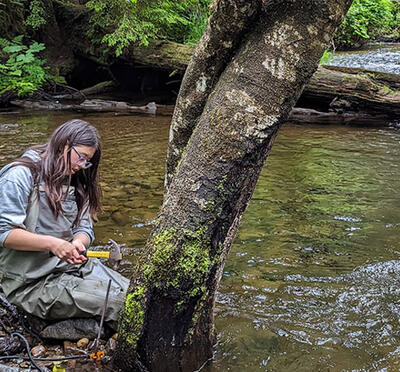Imagine a system of interconnected sensors and devices that can monitor a person’s health and alert them to seek treatment before a heart attack.
A future where Internet of Things technologies are predictive, rather than reactive, is the goal of the Pervasive Personalized Intelligence Center, a partnership between Oregon State University and the University of Colorado Boulder with several industry members.
The new organization is funded for five years at $750,000, through the National Science Foundation’s Industry-University Cooperative Research Centers program, with an option for additional funding after that. Its first board meeting was held online Sept. 14.
Between the two universities, a range of experts will collaborate on advancing intelligent software applications for IoT. Industry partners, including Daimler, Intel and NEC, will help guide the research.
Oregon State researchers will contribute in the areas of machine learning, security and privacy, and visualization. The center will host networking opportunities for students, faculty, and industry representatives to foster collaborations in these areas. There will also be opportunities for nonmembers to participate in seminars and learn more about Oregon State research.
“This outreach plays a very important role for companies that would like to access our world-class researchers and graduate students,” said Weng-Keen Wong, professor of computer science and director for the Oregon State center site.
Most of the funding for the center will support graduate student research. The organization also provides students with opportunities to engage with member companies.
“It’s a great opportunity for our students to work on real-world projects and at the same time help our industry partners, especially in Oregon, solve problems that have the potential for significant impact,” Wong said.




